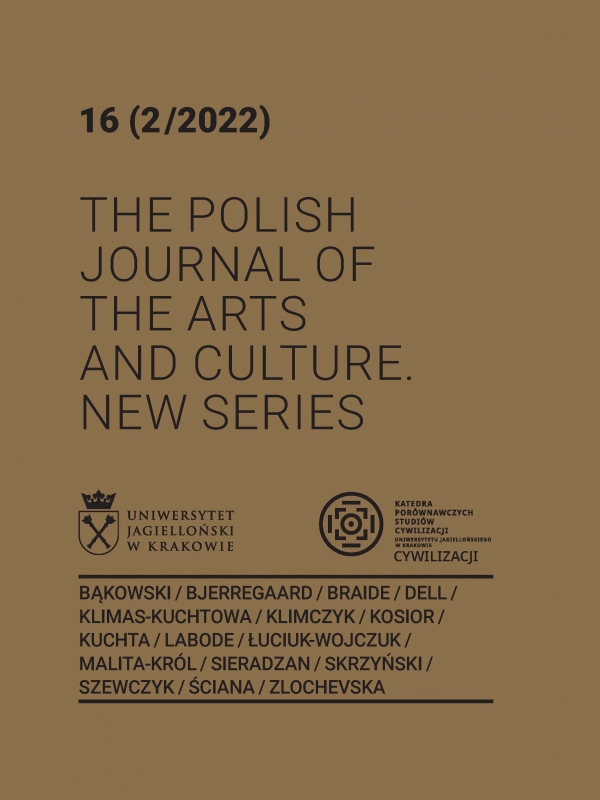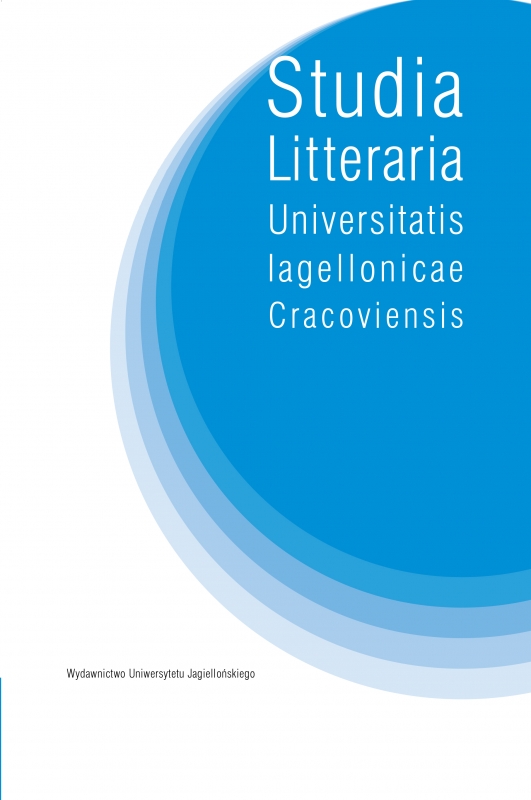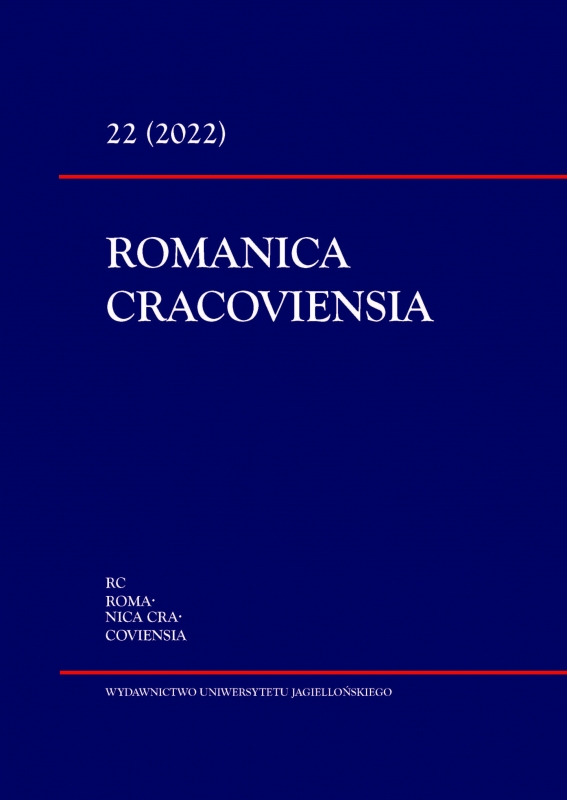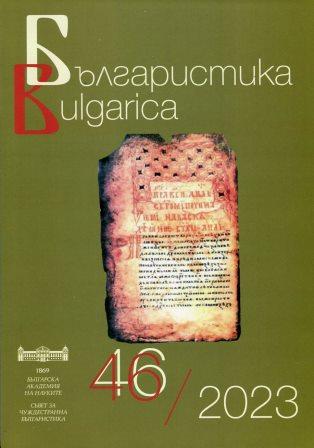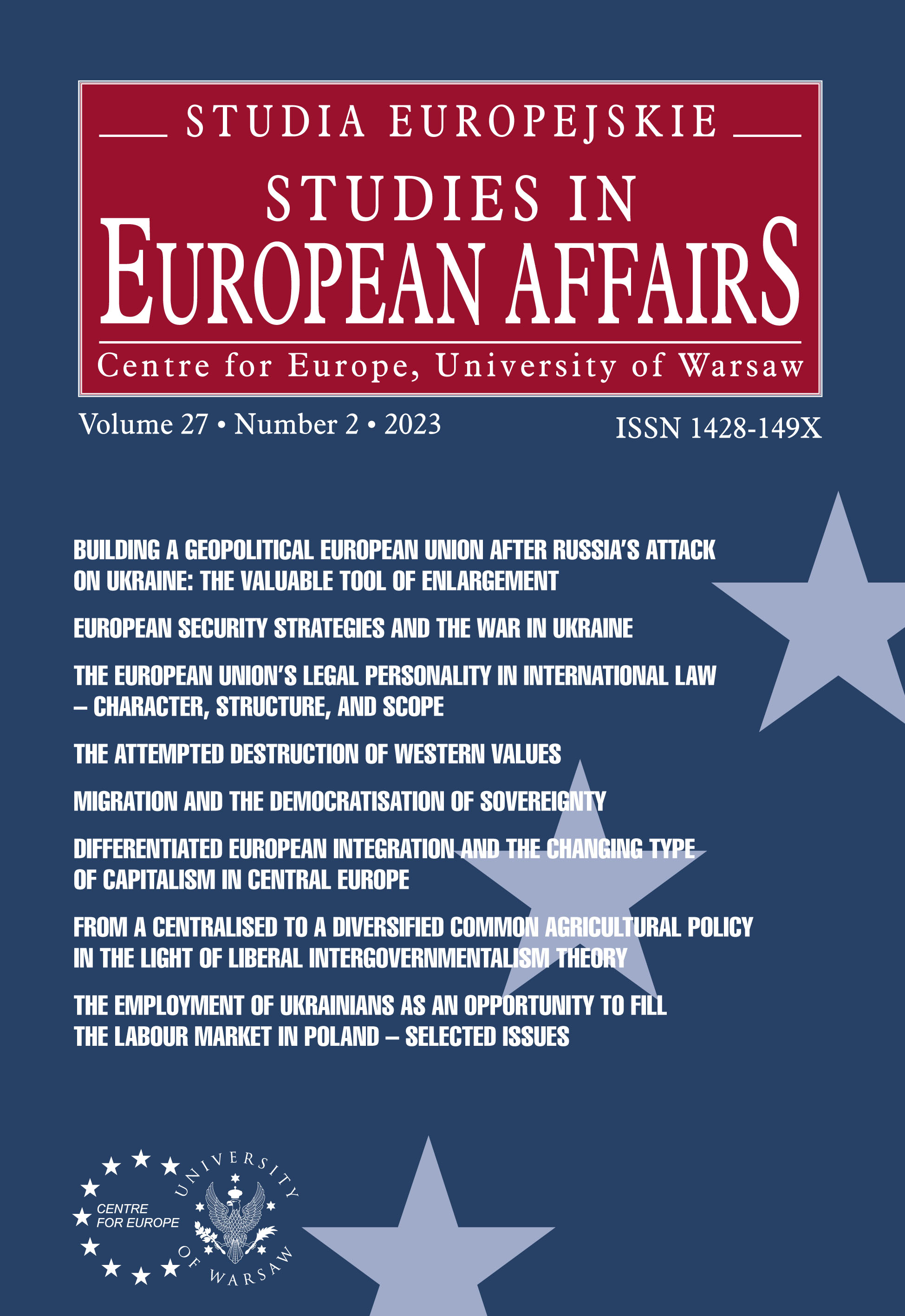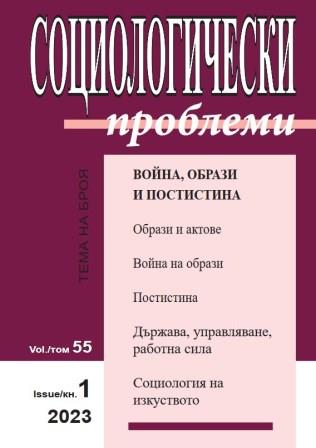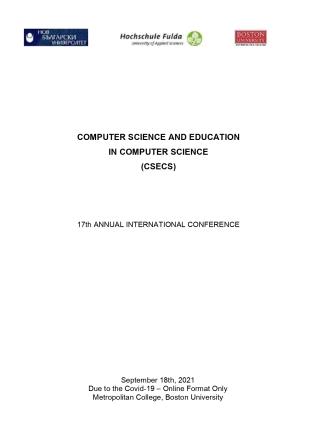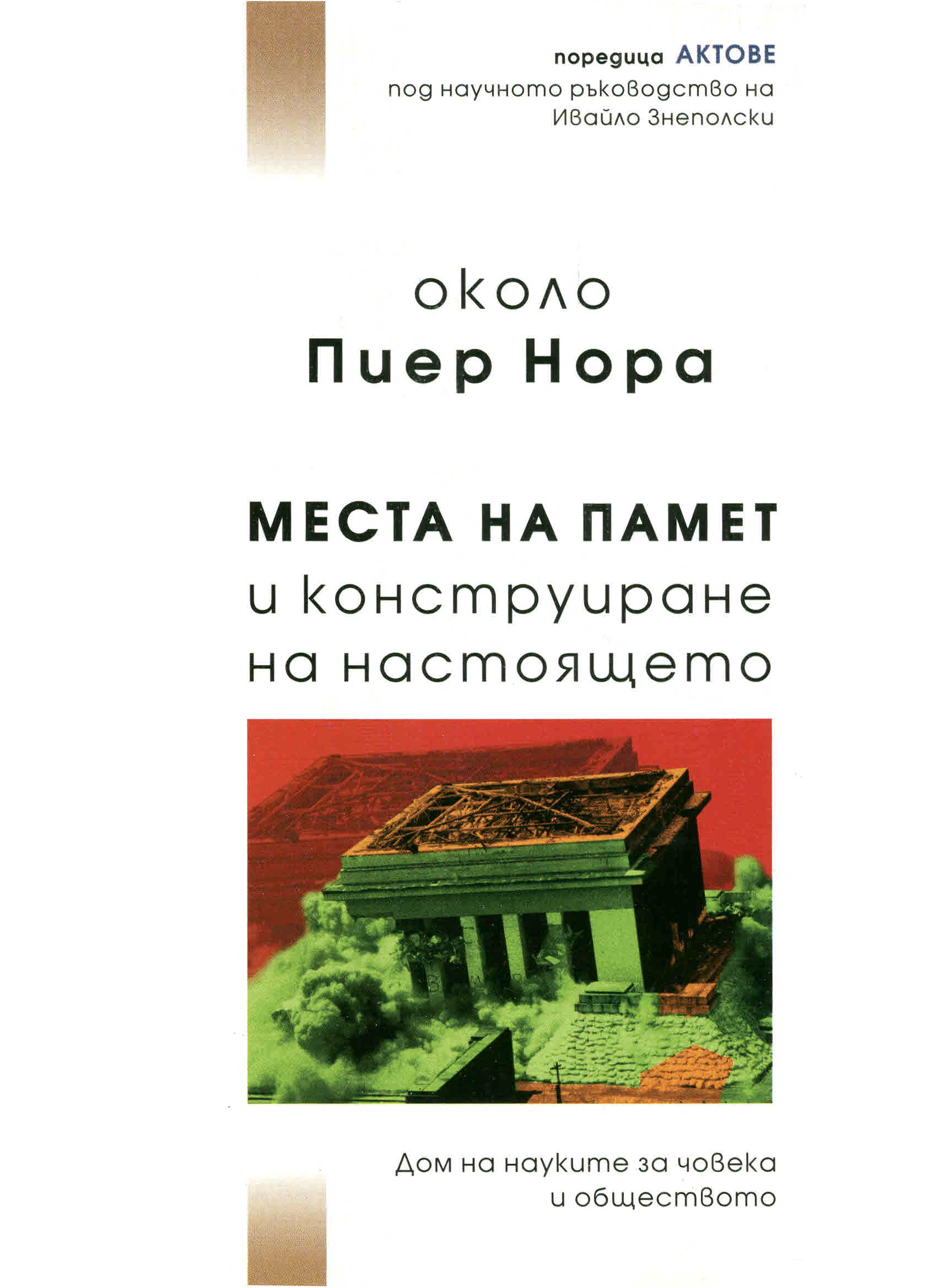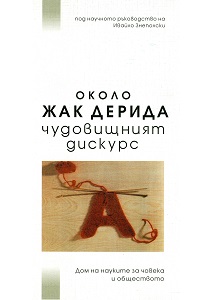Author(s): Vija Sīle,Elina Graudiņa / Language(s): English
Issue: 2/2023
An attempt to shake the established world order of Western society, based on International Law, by the waging of war, has reached its peak. This is evidenced not only by Russia’s war in Ukraine, but also by Russia’s political attempts to destabilise Moldova’s approach to Western values, along with the recent unrest in Georgia, where there is a risk of restricting individual freedom of expression, and the constant threats against the Baltic States. Conflicts of values have existed throughout world history, but the events we are witnessing now are not an accident, but a systematic reiteration of Russia’s influence, with the aim of maintaining its influence and, perhaps, increasing its power in the region. The aim of this article is to show the clash of contemporary values in the current socio-political situation from the perspectives of theory and practice. Russian political leaders had long used alarming language in their rhetoric, up to and including the moment of the Russian invasion of Ukraine. In Europe and throughout the Western world there was a belief in universal values with peaceful/stable global institutions, a belief which has proved to be misguided. On the other hand, military aggression against a free and independent country can be interpreted as a direct and clear attempt to destabilise the values of Western civilisation, without which no democratic society can exist. The timing of the military aggression was chosen after a decline in civic confidence from the perspective of the COVID-19 crisis; European countries were experiencing a reduction in political activity among their citizens, dissatisfaction with the political elite, and a certain decline in confidence in the EU institutions. The course of the pandemic reflected the lack of critical thinking in societies, as individuals were also at risk of manipulation in the information sphere. The Russian invasion of Ukraine caused some indignation in the Western world and a failure to react quickly to the rapid turn of events. After the first year of the war, the EU Member States managed not only to change their position but also to give unwavering and unequivocal support to the victim of the war, namely, Ukraine. So far, the EU slogan “United in Diversity” has become “United in Solidarity”, helping Ukraine to hold on and possibly win the war against the aggressor state, because no war, especially a war of values, ends on the front lines. As a result of current events, EU and transatlantic cooperation has undergone a major transformation involving extensive cooperation, a clear position on international law, and a desire to preserve and strengthen Western values.
More...
